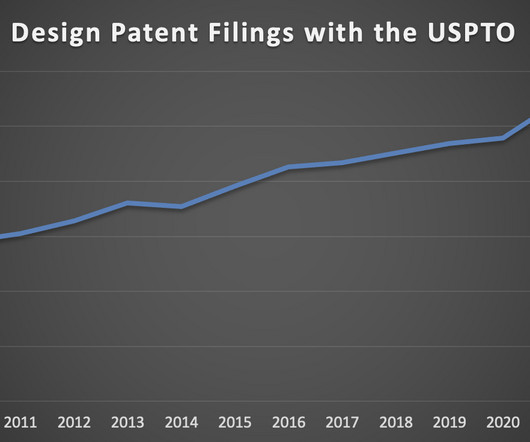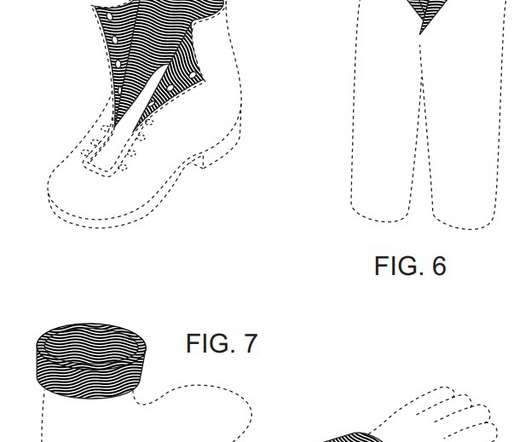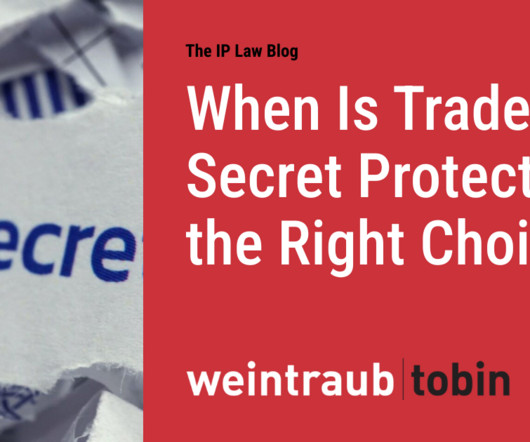Build a Consumer Base with Innovation; Protect Sales with Design Patents
IP Watchdog
NOVEMBER 14, 2023
The United States Patent and Trademark Office (USPTO) issued its one millionth design patent on September 26, 2023. D1,000,000 claims the ornamental design for a dispensing comb. This milestone comes during a particularly prolific period for design patents.












Let's personalize your content